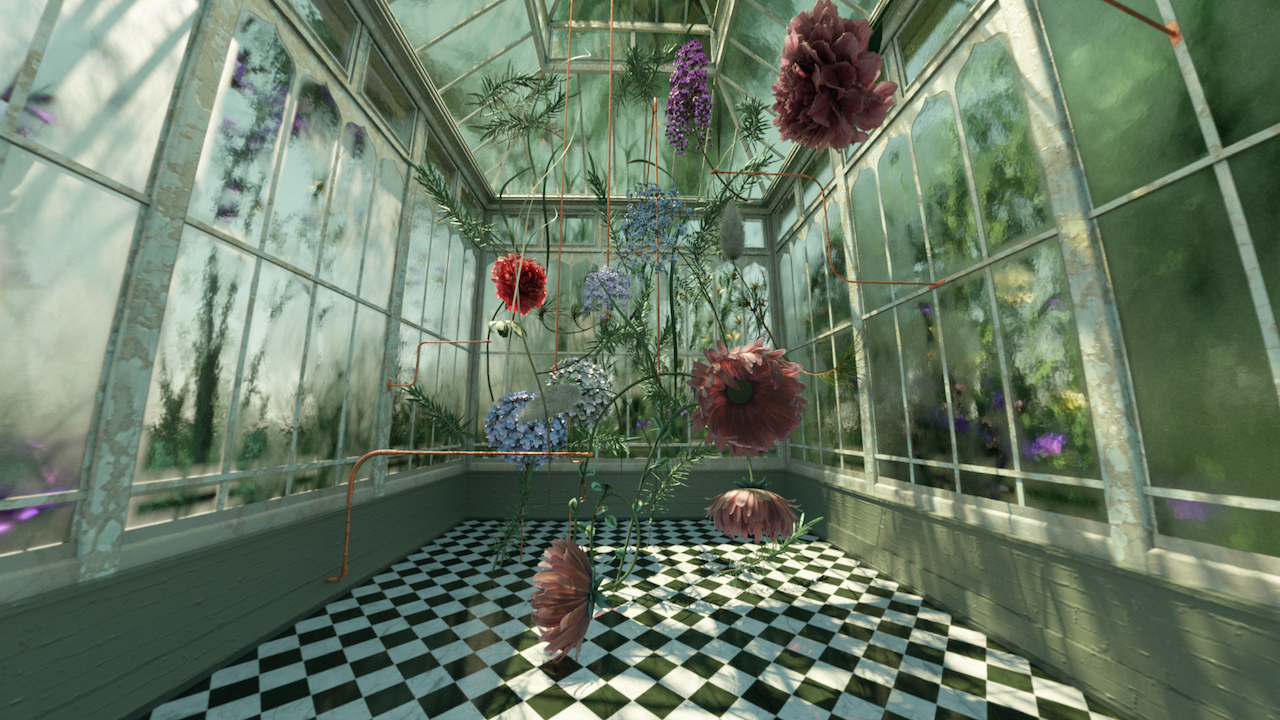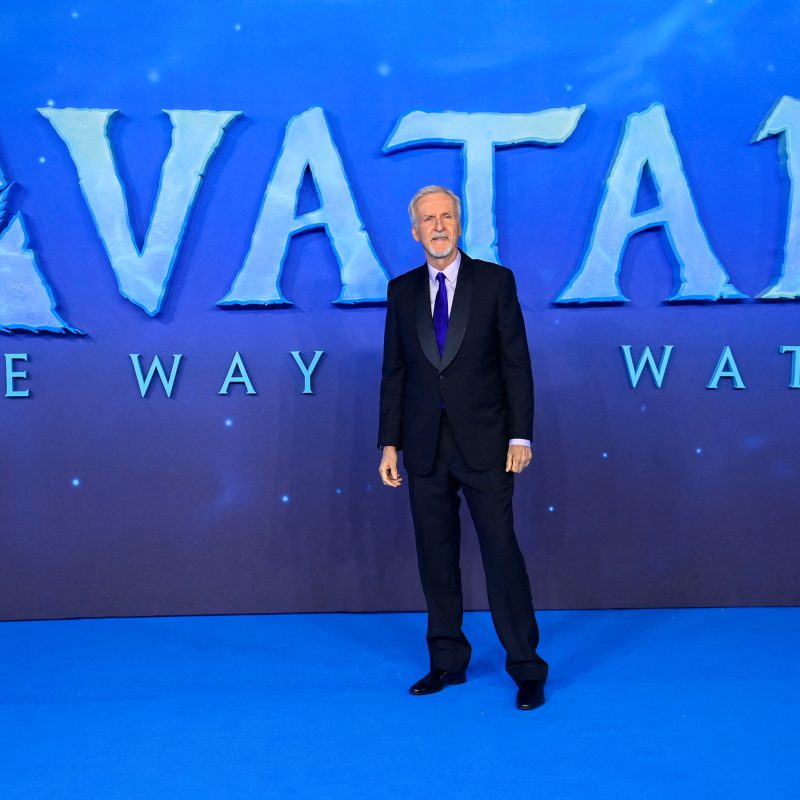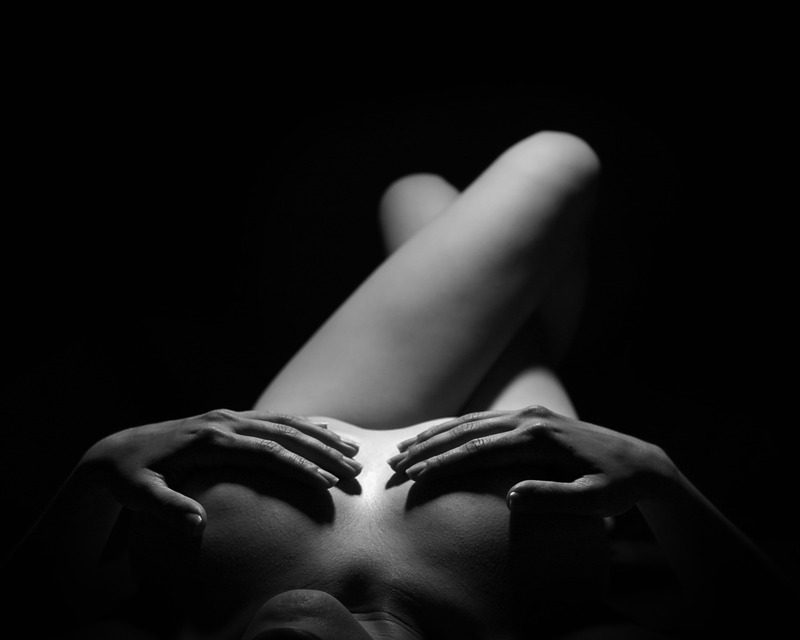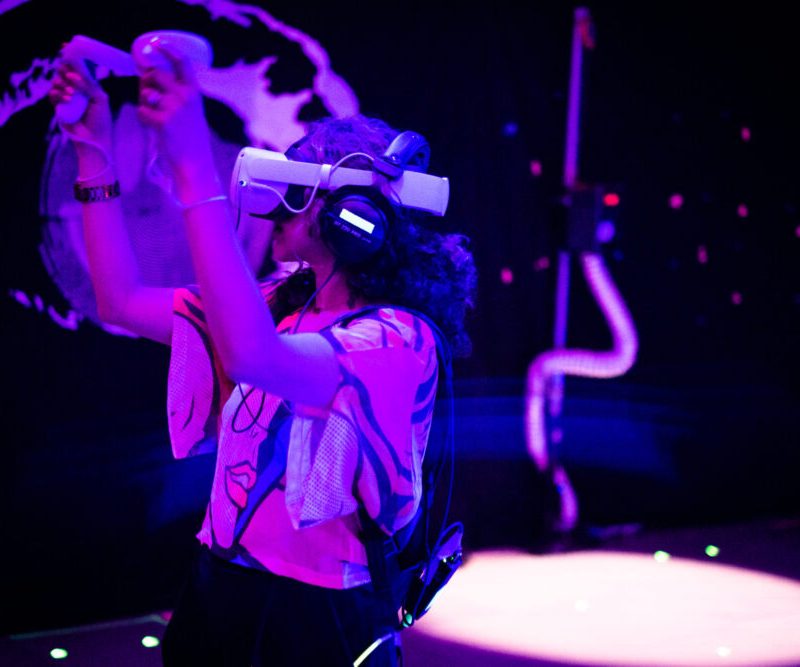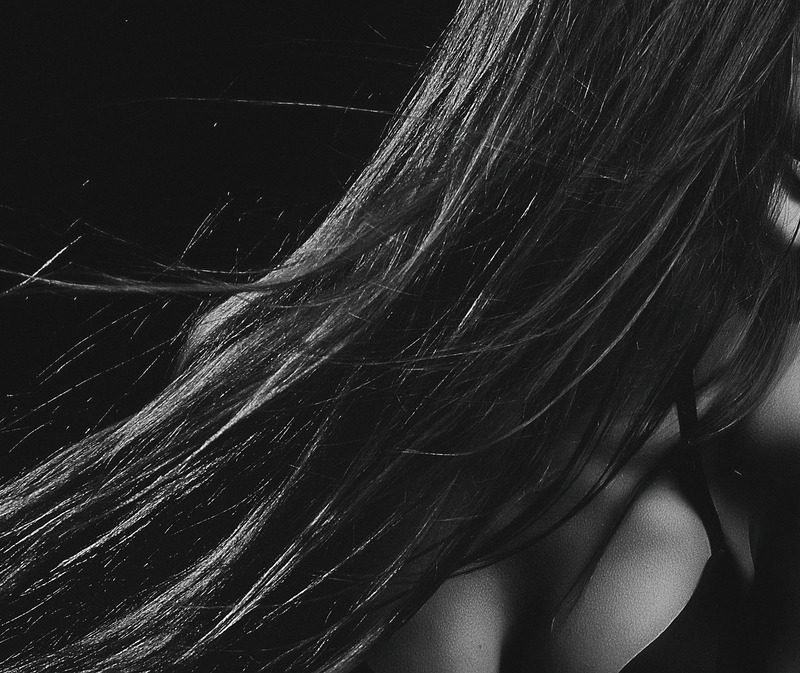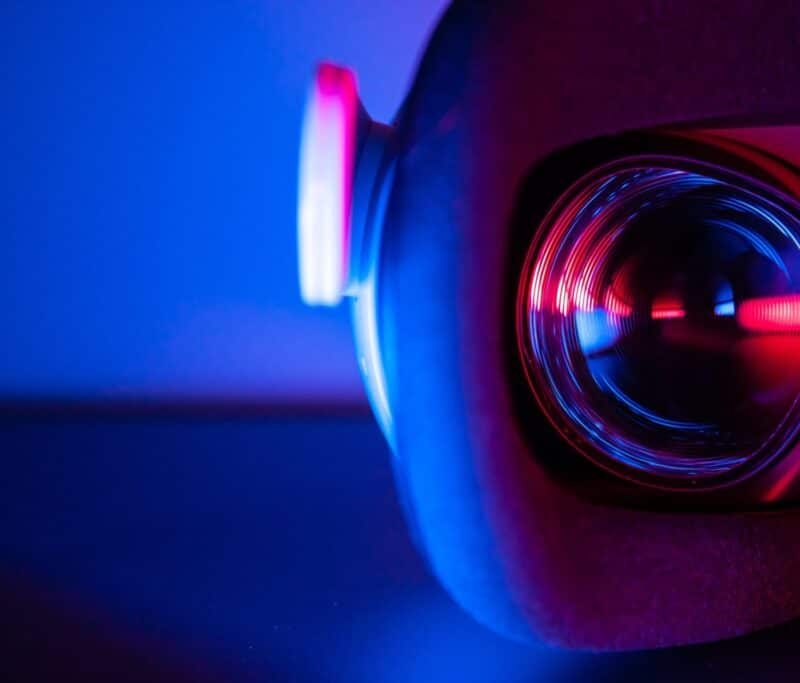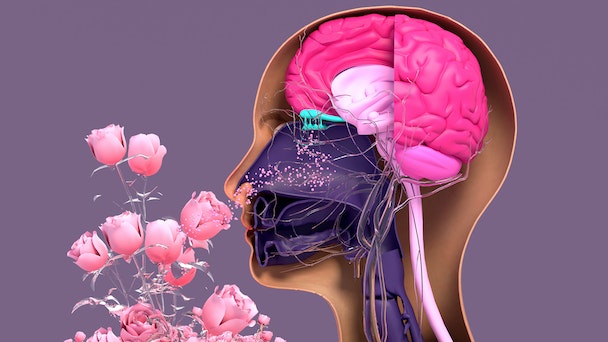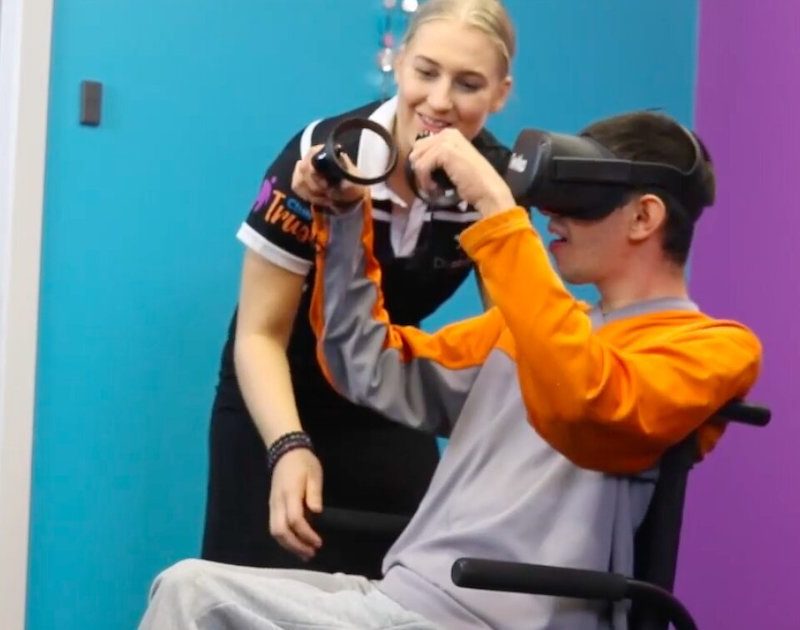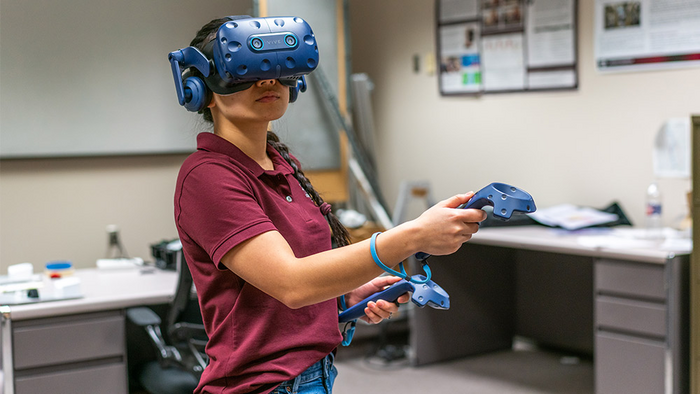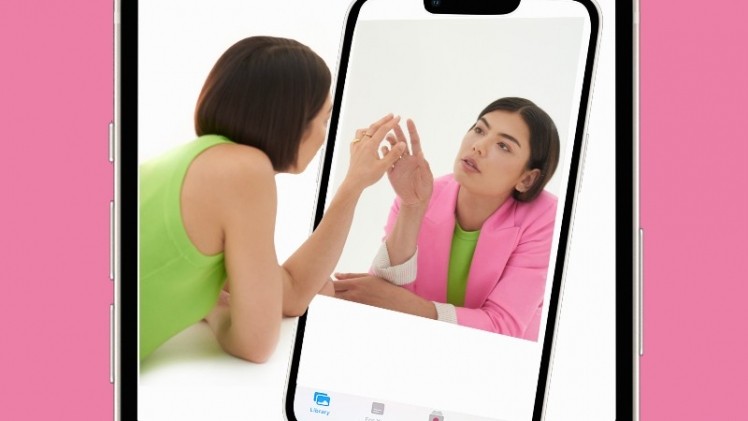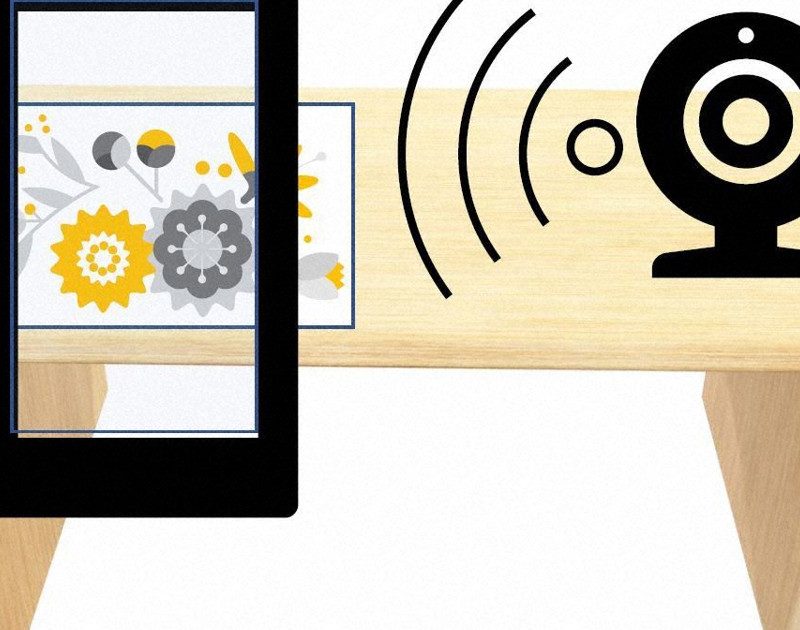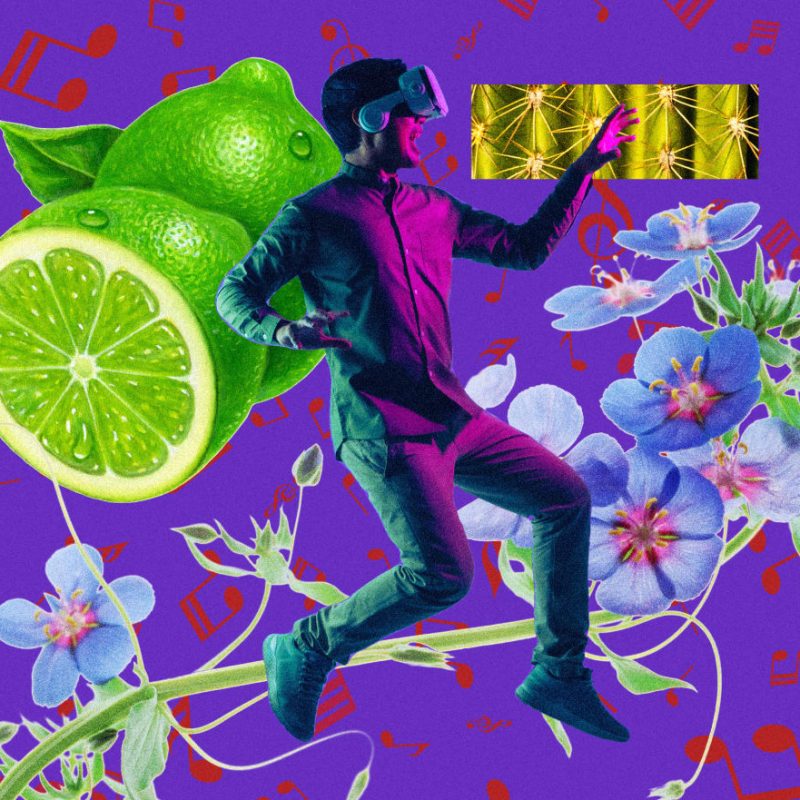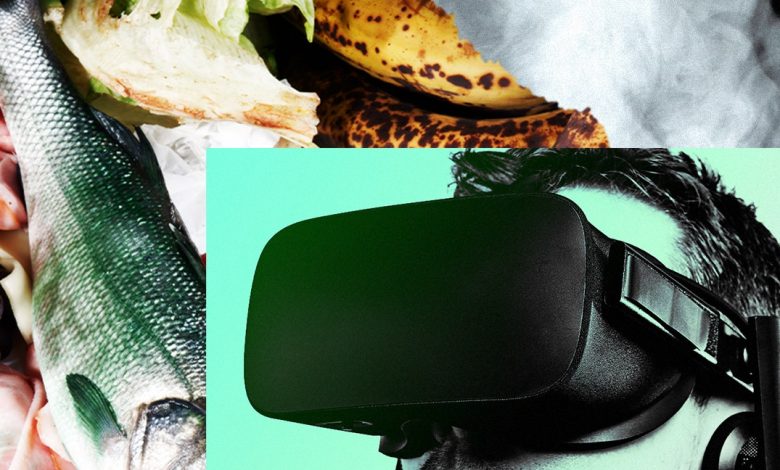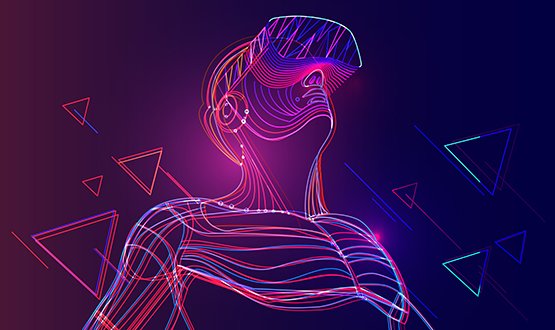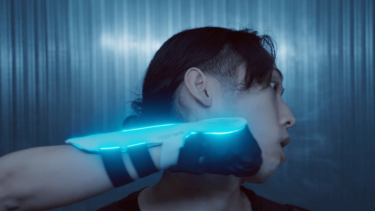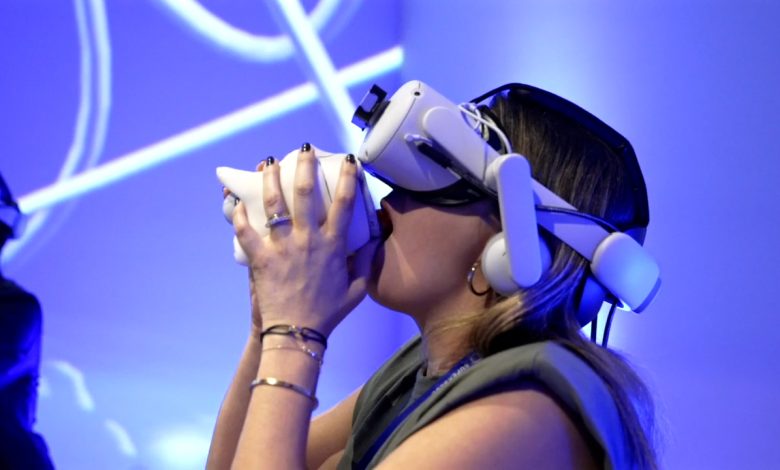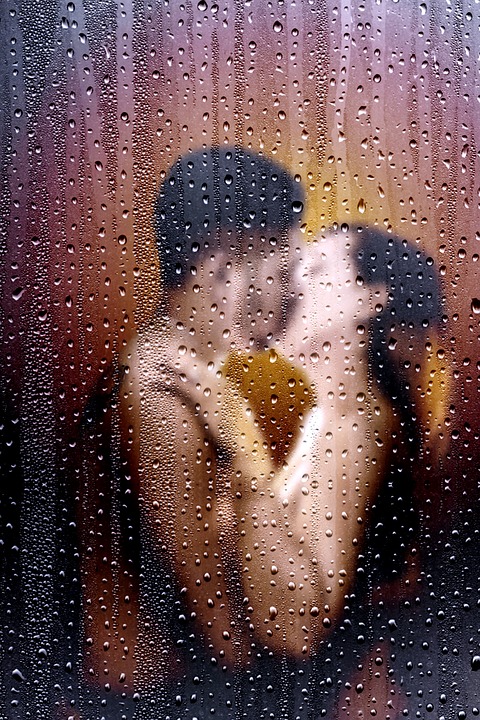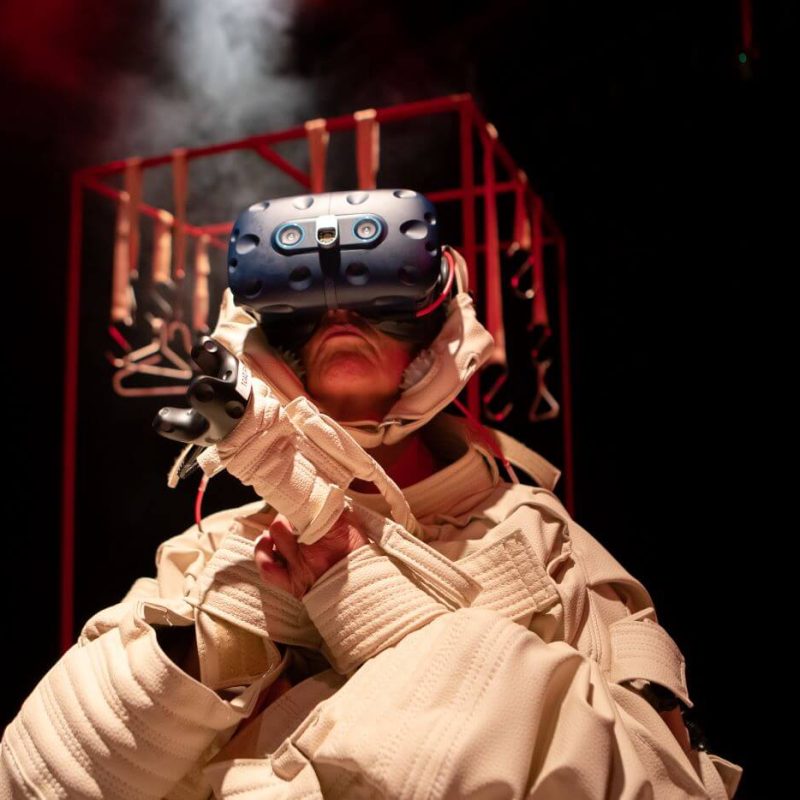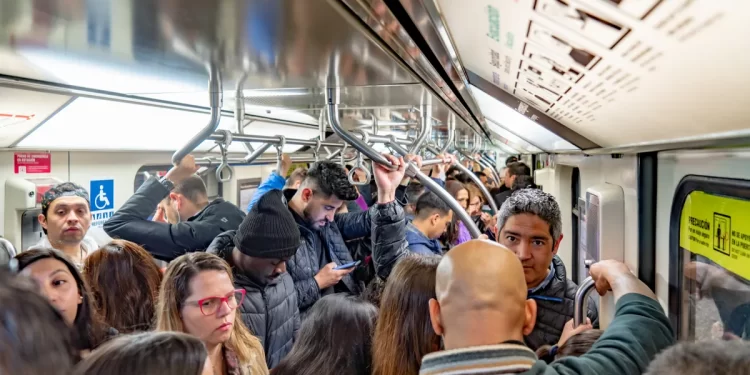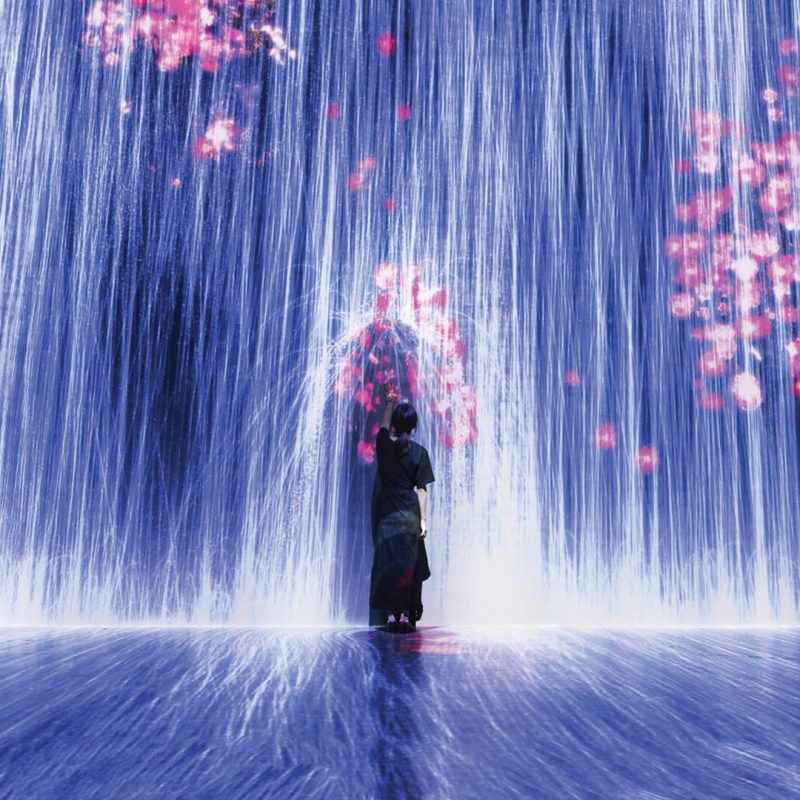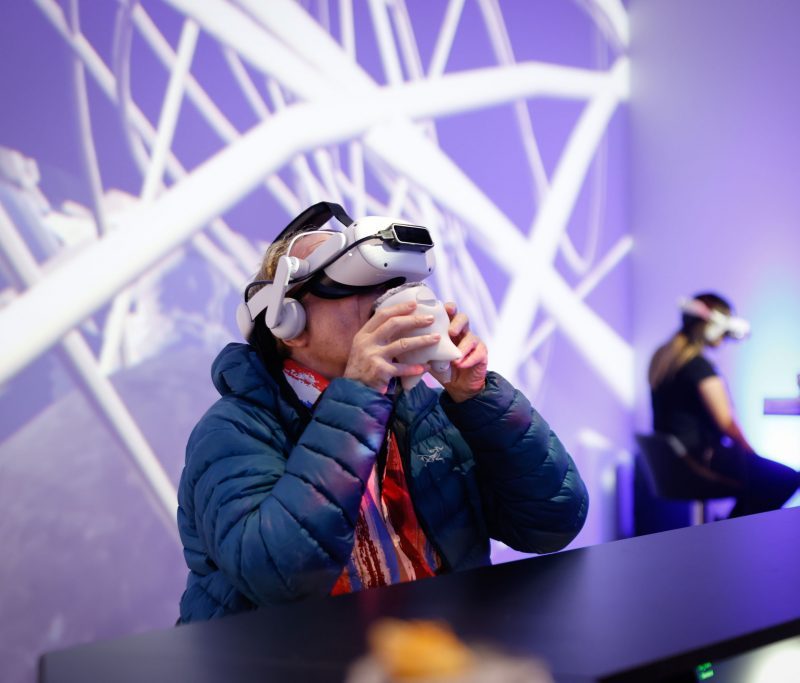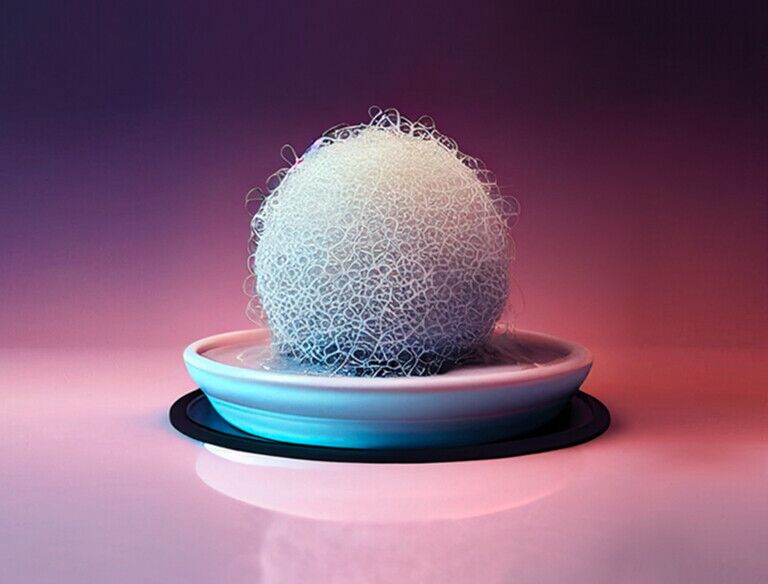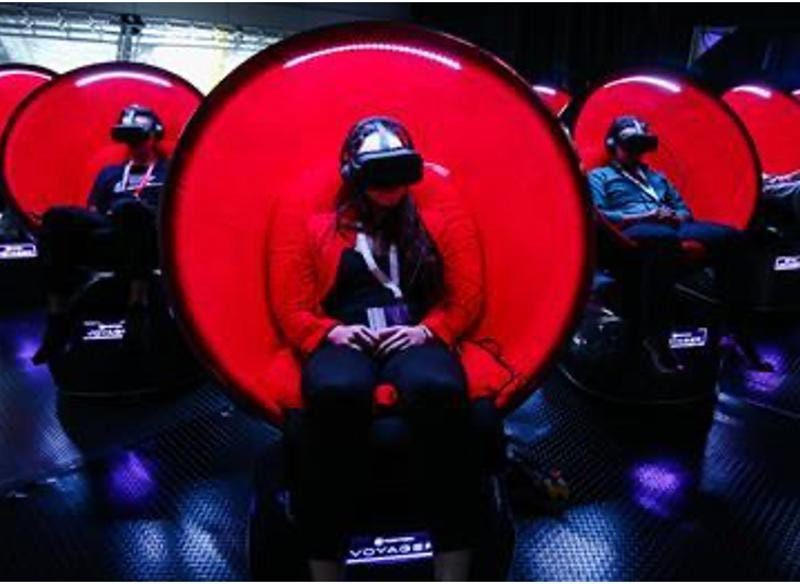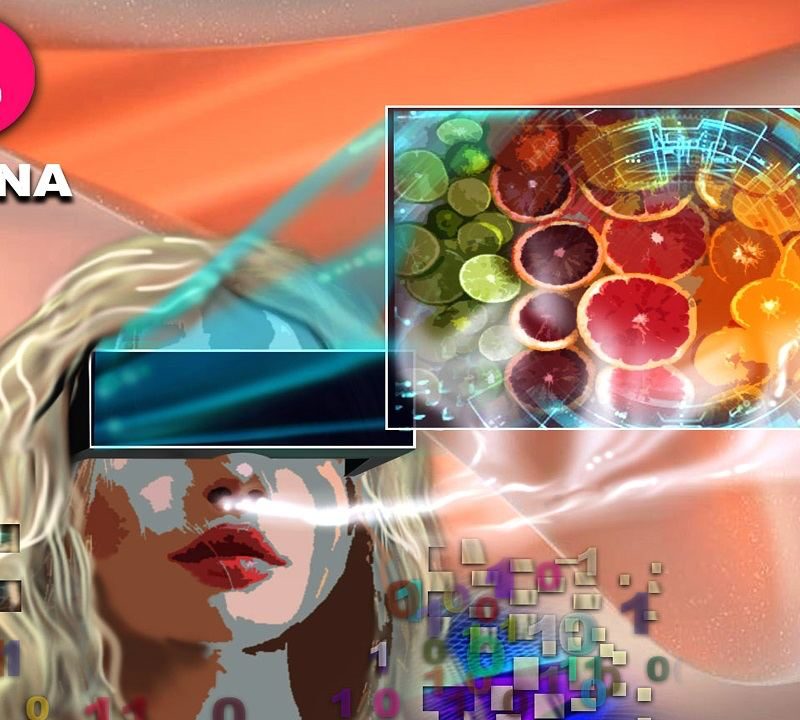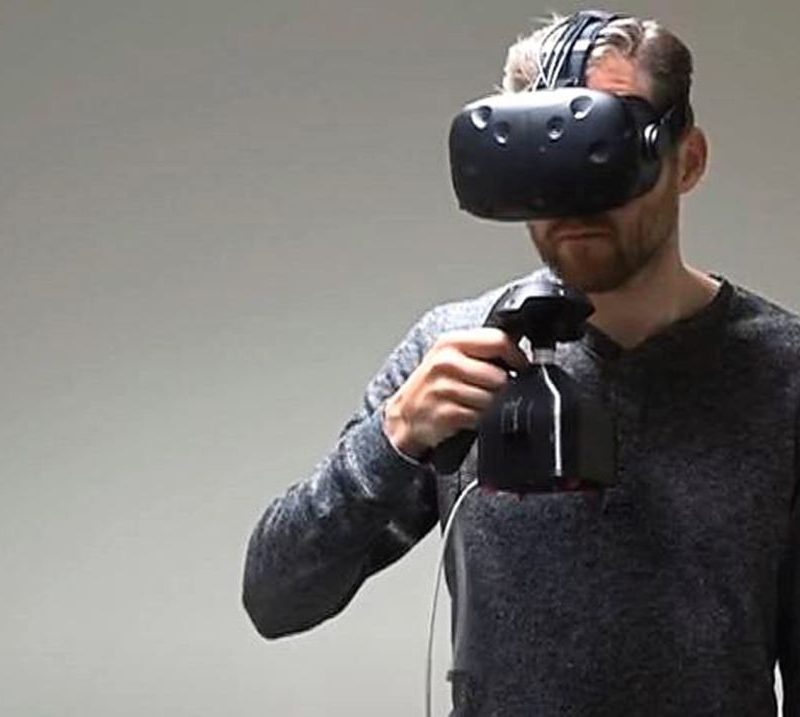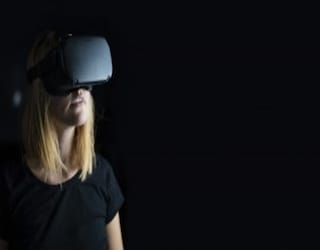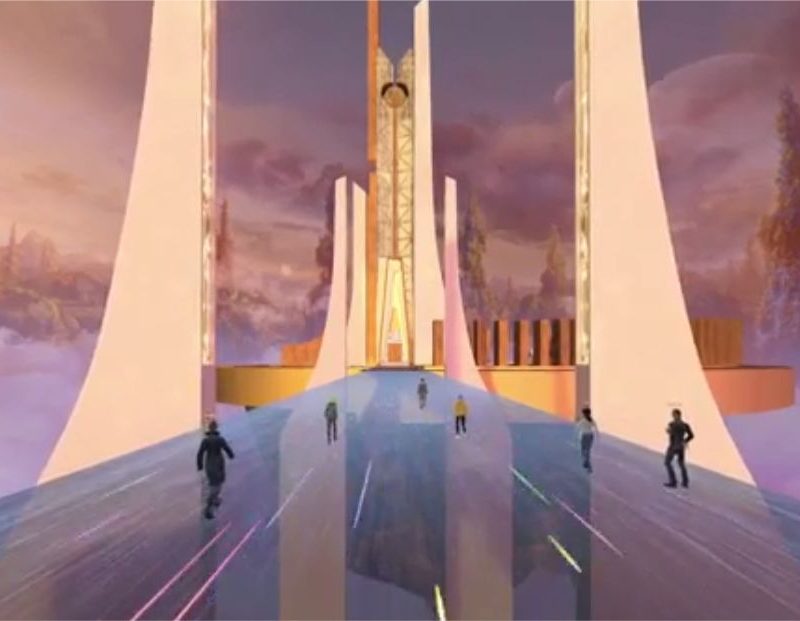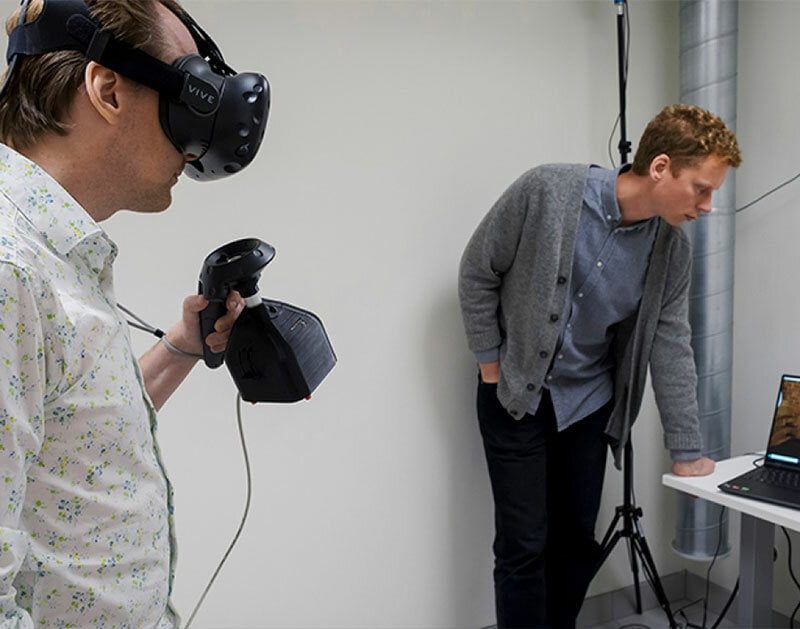Coty Inc., the licensing partner of fragrances by Tiffany & Co. and Calvin Klein, introduced in early December a new fragrance-focused multi-sensorial virtual reality experience with retail partner Julieraque. It’s one of many digital innovations, like voice assistants and artificial intelligence, that the beauty conglomerate is using to strengthen its brand presence across several categories.
To take part in the virtual reality experience, in-store shoppers at Julieraque, located in Buenos Aires, Argentina, are prompted to wear a virtual reality headset and pick up seven scented stones within the virtual setting in order to activate an eight-second unique video. Each stone is tied to a broad fragrance concept, like “citrus-watery,” “floral-fruity,” or “oriental-spicy,” rather than a particular perfume or brand. Before people try out the experience they are asked to input information on an iPad, including their name and email addresses, as well as what scents they are drawn to and what perfume they currently wear. At the end of the video, and based on their top three favorite fragrance concepts, consumers can receive up to six recommendations from the eight Coty luxury brands available in Argentina, such as Hugo Boss, Calvin Klein and Gucci. Customers then receive a follow-up email, asking if the experience helped them discover a new fragrance or led them to purchase one.
Coty, which is the world’s third-largest cosmetics maker and owner following its acquisition of some of Procter & Gamble’s beauty portfolio in July 2015, also recently unveiled other digital concepts, like a voice assistant offering for Clairol hair care in December, AR- and AI-powered stations at Covergirl’s flagship store in New York in November, and a digital accelerator pitch contest for startups in 2017 that was then reprised in March 2018.
“We wanted to position ourselves in the [fragrance] category by educating our consumers more on fragrances. We see already there is a strong impact of education on purchasing and sales, but we want to be the category leader [in fragrance,]” said Elodie Levy, senior director of digital innovation at Coty.
Fragrance, in particular, has seen many different brands and companies trying to innovate customer experience in the category. Jo Malone launched a paintbrush-like fragrance perfume applicator in Sept. 2017, and a customizable product offering on Alibaba’s TMallplatform in Sept. 2018. Huda Beauty launched a new sub-brand of perfume called Kayali, and is tapping the Middle Eastern concept of layering scents for its perfume collection and upcoming bath and body products. For Coty, the VR experience comes at a time when growth in the premium fragrance category (where Coty has 19 fragrance licenses) is slowing. The segment is expected to reach $8.1 billion, a forecast period growth of just 13 percent from 2017 to 2012 (compared to 16 percent between 2012 to 2017), according to Euromonitor International.
The use of VR in experiential retail is relatively nascent. While brands like L’Occitane en Provence have used it in their flagship stores, there are few use-cases in retail generally, and even less in beauty specifically, especially compared to augmented reality. It was also a challenge for Coty, which created the VR videos in-house. Levy said technology, which can be heavy and involve complicated software, is a “challenge” for the fragrance category, which is driven by sensitive emotions and sensations. But Coty wanted to create a totally immersive sensory experience, she said. It also helped that the VR technology can be scaled and adapted to suit a specific brand or additional markets.
Although the VR experience is new and it is too soon to report how many people have tried it or how it has impacted sales, Coty is already planning on bringing it to additional markets and tailoring the experience for specific brands, Levy said. At the moment Coty is trying to determine which brand and market this would work best for in 2019 and is doing so by finding out how relevant the experience is to customers based on email feedback. Coty chose to first debut the VR experience in Buenos Aires, as it is a nascent perfume market for Coty ,where people would benefit from fragrance education, said Levy.
“People are impressed by the mixed reality, because it allows them to see the environment,” Levy said. “We realize this experience is based on a specific hardware and technology, but it is highly scalable — it is only a matter of adapting the content and environment, in order to tailor it to a specific brand universe.”
Source: Coty Inc. launches VR experience for its perfume portfolio – Glossy

